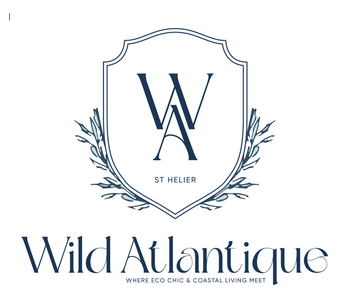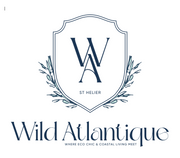Why did we choose TENCEL® material from Eucalyptus Trees?
Choosing TENCEL® material from Eucalyptus Trees for our first 'Apres Surf + Sail' wear range of Athleisure for Men, Women & Children is an Eco-friendly and Sustainable choice. We want to share all of the amazing properties of this incredible material with you!
Eucalyptus:
Eucalyptus clothing is becoming more and more popular due to it's eco-friendly manufacturing process, amazingly soft fabric and lightweight designs. Here is why it is so popular.
The proper name for fabric made from the Eucalyptus tree is Lyocell but you will often hear it being referred to as Tencel. TENCEL® is actually a brand name for a type of the Lyocell fabric which is created by Lenzing, a company in Austria that has been awarded many European Eco Certifications.
Our material uses this brand of Eucalyptus fibres. They are then made into a superior quality material by a small family run Italian manufacturer in a Sustainable way to adhere to the EU awards and Eco certifications.
Below are a list of benefits of Lyocell clothing.


Temperature Regulating:
Due to it's unique fibril structure, the lyocell fabric pulls moisture away from the skin which is then evaporated from the surface of the fabric. It actually absorbs 50% more moisture than cotton!
Naturally temperature regulating, this fabric will keep you cool in the heat and warm in the cold, while being extremely breathable.
This Lyocell fabric is softer than silk and cooler than linen, meaning that it feels amazing to wear! You will really feel the difference in the garments we have produced for Wild Atlantique which has a superior feel and 'hand'.
Non-itch, Odor Resistant & Hypoallergenic:
Because moisture is immediately pulled away from the skin and evaporated, bacteria doesn't have time to form, meaning that Lyocell is naturally hypoallergenic and won't smell the way other materials do! The fabric is also extremely soft, meaning it's perfect for those with sensitive skin or allergies.
Good for the environment:
The Eucalyptus trees are grown in responsibly managed forests and are cut rather than uprooted so the trees grow back quickly. The trees require little water to grow and are typically found on land which is unsuitable for agriculture.
The process of turning the Eucalyptus wood into fibre also has minimal impact on the environment. The wood pulp is dissolved in the non toxic chemical Amine Oxide and reduced down into a cellulose viscous solution. This solution is then extruded through fine holes to create the fiber and spun into the fabric.
99% of the chemical, water and waste is reused in the unique closed loop system which minimses the impact on the environment and conserves water and energy. The water consumption to make lyocell is 10-20% lower than the manufacturing process for cotton.

This unique process was awarded the Environmental award in 2000 by the European Union and is certified by the Forest Stewardship Council (FSC)
The different stages of manufacturing:

Image from http://www.lenzing-fibers.com/en/tencel/




Leave a comment